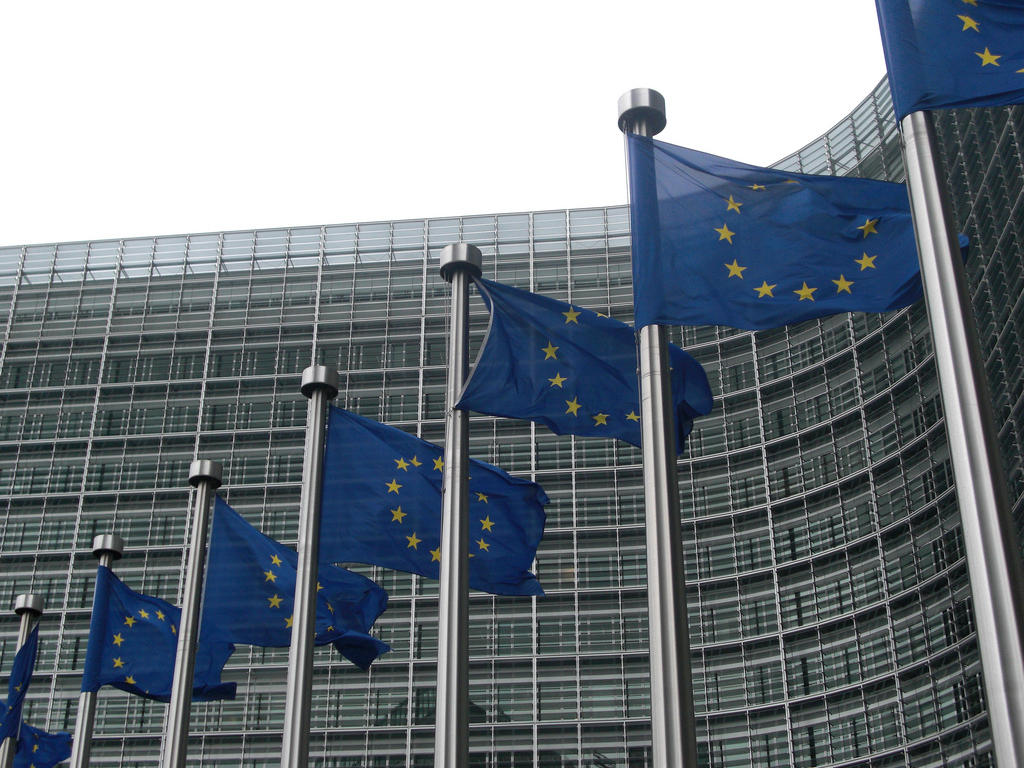Copyright rules are a highly controversial topic. Some say it will destroy the Internet as we know it, while others say Article 13 will help content creators keep their work safe from unauthorized use. Should digital content creators be worried? Let’s see.
The controversial EU copyright directive (European Union Directive on Copyright in the Digital Single Market) aims to update copyright law for the digital age. The directive is composed out of 24 individual articles, but it’s mostly the article 13 that gained full attention of media and those who might potentially be affected by it. Article 13 has been referred to as the heart of the new directive and is also known as the ‘meme ban’ article.
After two years of debating over different drafts, Article 13 was passed on September 12, 2018, with the final text being adopted on February 13, 2019. After getting the support of the European Council, the legislative act is pending the final vote of the European Parliament in the next few weeks.
What changes?
What are the major changes brought by the new version of Article 13? First, the article puts the responsibility on websites for posting unlicensed user-uploaded copyrighted material. This means that websites are going to be held accountable for the content posted, even if they are not aware of it. In a nutshell, it could force not only tech giants such as YouTube, Facebook, and Twitter to do much more to stop the illegal spread of copyrighted material on their platforms but it could also make them wary of accepting and automatically posting user-uploaded content.
Should SMEs be worried?
European Small and Medium Enterprise (SME) might have to face the costly challenges of having to deal with a huge amount of content that needs to be checked for copyrighted violations before publishing them live. Thus, the leaked version of Article 13 is raising concerns to freelancers, academics, activists, independent publishers, and start-ups.
While the controversial article seems to be designed to limit how copyrighted content is shared on online platforms, Provision 2 of the article suggests complaints and redress mechanisms in case of disputes. However, the nature of the internet may make it too difficult to fairly judge on all disputes and there lacks of definition of what exactly is classified as copyrighted content.
What’s next?
Critics of the Directive on Copyright argue that platforms will have to pay a fee to share a link to a news article and have to start filtering and removing memes. The problem arises when it comes to practical implementation as no one can explain how exactly these platforms expect to identify and remove this content. But even if the proposed legislation is adopted, the vagueness of concepts and difficulties of implementation may suggest that SME could rest assured for now, at least until the directive becomes law in every EU country. The article states that member states shall ensure that the burden on SMEs remains appropriate and proportionate, which might calm down those who make exaggerated claims about Article 13’s impact on businesses.
At the same time, the new Article 13 could be good news for all those who hold copyrights, such as record labels, authors and artists, while bringing unexpected consequences for small content creators. Article 13 critics agree on the grave consequences for the creative economy such as, the possibility of filters accidentally blocking non-copyrighted material and the possibility that smaller websites might not be able to afford the expensive filter software or the manpower needed to comply with Article 13
Could content creators and Internet-based businesses be at risk?
It seems that the mere demonstration of willingness to cooperate shall suffice, since the company may only be held liable if it’s demonstrated that it made “best efforts” to get permission from the copyright holder and to ensure that material specified by rights holders were not made available, acting quickly to remove any right-infringing material.
These minimal standards also guarantee the rights of the entertainment industry. The draft contains a list of exemptions: non-profit online encyclopedias, open source software development platforms, cloud storage services, online marketplaces and communication services. There are also provisions limiting scope stating that the rules would apply to services that have been available in the EU for more than three years or have an annual turnover of more than 10 million Euros.
The reason why this article has been dubbed the “meme ban” is that memes, which are often based on copyrighted images, might fail to comply with the article. Those in favor of the legislation argue that memes are protected as parodies and thus aren’t required to be removed under this directive. On the other hand, critics claim that filters won’t be able to distinguish between memes and other copyrighted material.
Article 13 reads as follows saying it shall “in no way affect legitimate uses” and people should be still allowed to use pieces of copyright-protected material for the purpose of criticism, review, and parody.
The practicality of Article 13
If Article 13 is Europe’s way of placing digital art, audio and video production, creativity, entertainment, and many other content-based activities at the mercy of unaccountable algorithmic filters, there will be a lot to do to regulate such a daunting objective.

